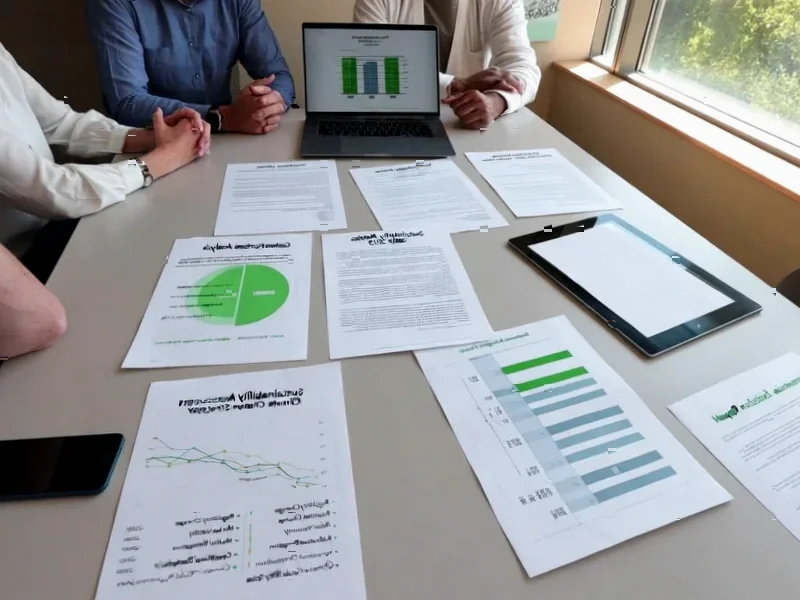According to MIT Technology Review, a new wave of for-profit startups is racing to commercialize solar geoengineering technologies that could alter Earth’s climate. Companies like Stardust claim they could deploy operational systems by the early 2030s, while Make Sunsets is already selling “cooling credits” for releasing sulfur dioxide into the stratosphere. Another company called Sunscreen plans to use aerosols in the lower atmosphere to create localized cooling effects for farmers and cities. Scientists who’ve studied this field for decades are sounding alarms about these private efforts, arguing they’re making questionable technical claims and operating without proper transparency. The fundamental concern is that companies are moving toward deployment while bypassing the multilateral government discussions and publicly funded research that should guide such powerful interventions.
<h2 id="business-model”>The Concerning Business Playbook
Here’s the thing about these startups – they’re basically creating a market for climate intervention before we even understand the consequences. Make Sunsets is already selling balloon launches that release particles into the atmosphere, which feels like selling tickets to an experiment with unknown outcomes. Sunscreen appears to be targeting what they call “precision geoengineering” for specific locations, potentially creating a scenario where wealthy areas could buy cooling while others suffer unintended effects. And Stardust’s timeline of deployment within this decade seems incredibly aggressive for technology that could literally change global climate patterns. The whole approach feels like tech startup culture applied to planetary systems – move fast and break things, except the thing being broken might be Earth’s climate stability.
Why This Threatens Scientific Integrity
The scientists make a crucial point about trust and transparency. When research gets locked up as intellectual property and driven by profit motives, we lose the ability to properly evaluate risks and benefits. Think about it – if a company’s survival depends on proving their technology works and is safe, how objective can their research really be? Publicly funded science follows evidence wherever it leads, even if the findings are inconvenient. Private companies have every incentive to downplay risks and overpromise benefits. This isn’t just theoretical – we’ve seen similar dynamics play out with social media algorithms, where profit motives consistently trump public good. Now imagine that same dynamic applied to technologies that could alter rainfall patterns, affect crop yields, or create other unintended climate consequences.
The Real Problem Nobody’s Solving
Basically, we’re witnessing a classic governance vacuum situation. The science of solar radiation management has been developing for years through academic research, but there’s no international framework governing its deployment. So private companies are rushing into that void. The scientists argue correctly that decisions about whether and how to use these technologies should involve multilateral government discussions informed by independent research. But here we are with startups already trying to commercialize planet-scale interventions. It’s like watching someone build a nuclear reactor in their backyard because there aren’t clear regulations yet. The difference is this reactor could affect everyone’s climate, not just the neighbors. We need proper governance before profit-driven deployment, not after we discover the unintended consequences.




